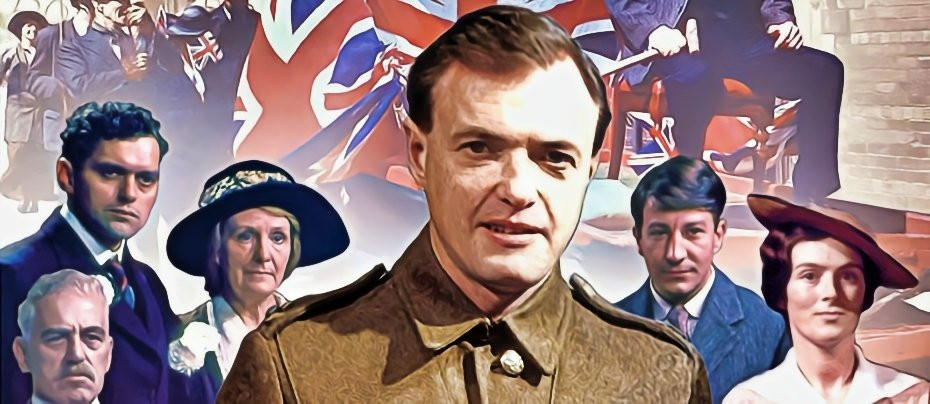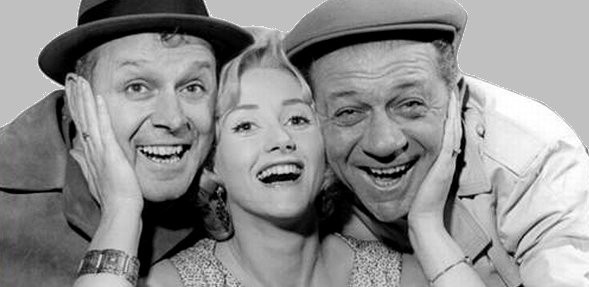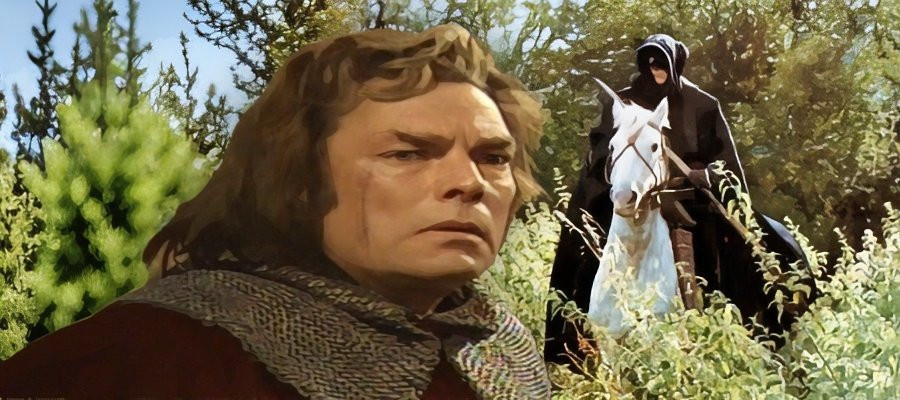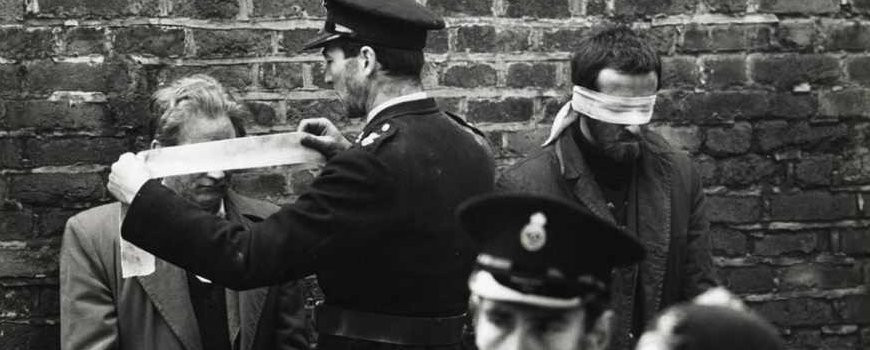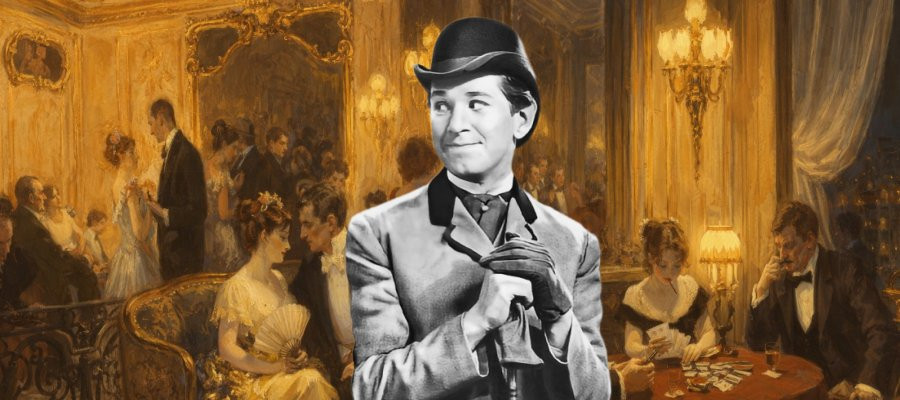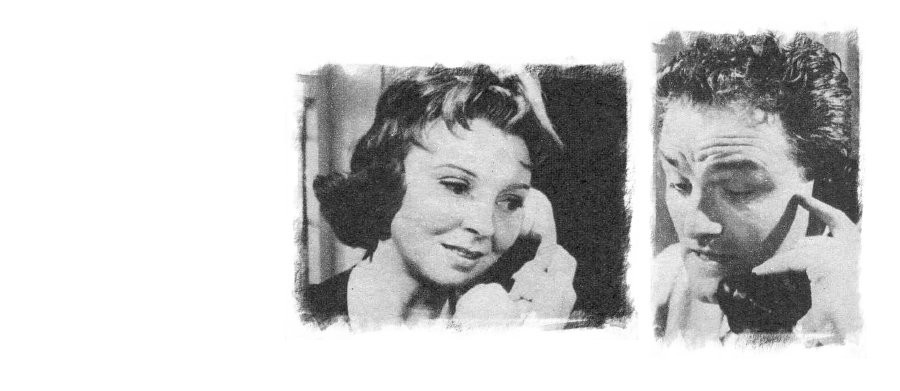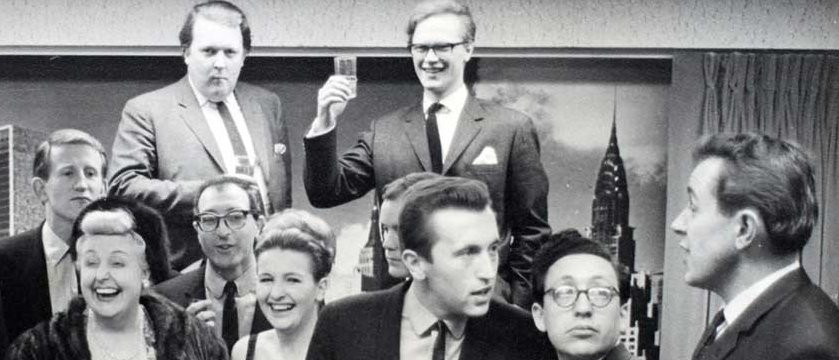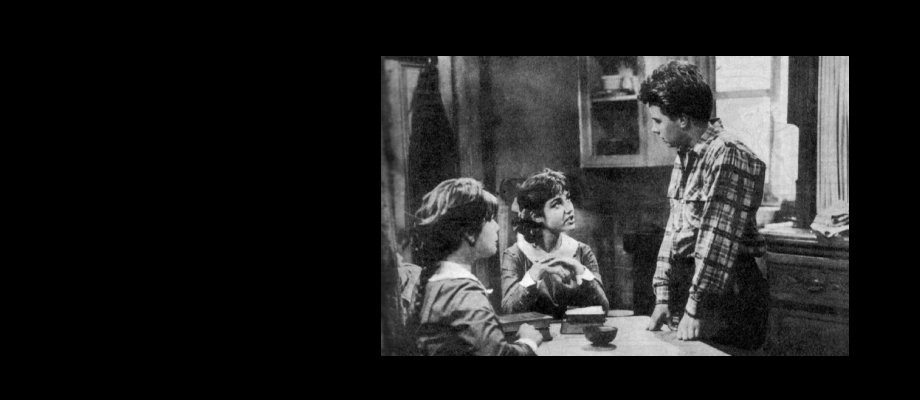
In Search of Hapiness
1960 - United KingdomThe story of a crowded day in the life of a modern Russian family - a day in which a young girl falls in love, a black marketeer is trapped by police, and a few hasty words spark a teenage rebellion. Romance and comedy are blended in this warmly human play.
In Search of Happiness by Victor Rozov was a box office-hit straight from Moscow. Translated by Nina Froud and adapted by Gerald Savoury this immensely successful Russian play, presented by Granada, starred Elspeth March, William Squire, Dilys Hamlett and Wensley Pithey.
Russian Nina Froud was interviewed by TV Times magazine in 1960. A frequent visitor to Russia she said she knew "many, many families living in just the sort of flat seen in the play and they think, talk and behave exactly as Rozov's characters do." The Author had previously written almost exclusively for children but had always been popular with audiences of all ages. With this play, wrote one Russian critic, Rozov had grown out of being a children's writer. In the three years since opening at the Moscow Central Children's Theatre in 1957 the play had been produced in 98 theatres. It had won a prize competition for best Russian play and was voted the most popular Russian play of 1958.
The widowed, hard - up Klavdia (Elspeth March) is the central character. Revolving around her, relying on her according to their needs are her four children. The eldest, the intellectual Fyodor (William Squire) is browbeaten by his wife Lena (Dilys Hamlett). But Lena is intensely practical and has to think of the furniture for the flat they are going to get. Meanwhile, everything she owns is piled up in Kalvdia's flat. Klavdia's other two children are at university. Tanya (Jayne Muir) is 19. Nikolai (Donald Bradley) 18, is in love with Marina (Irene Hamilton), a neighbour's daughter. Completing the main characters is 15-year old Oleg (Richard Palmer), an adventurous, imaginative boy who is always falling in love. Rozov's play depicts a day in their lives.
The 46 year old author wrote that he was chiefly interested in the characters of the young people of the day. "It seems to me that their period of life is rich in inner conflicts, and is always of particular interest to the writer. Their conflicts are of the most diverse character and, of course, are expressed by different natures in different ways. Sometimes grown-ups find the restlessness and soul-racking "torments" of the youngsters amusing and naive, and this, I believe, is also very interesting for a drama. But I am attracted not only by the young nature and character. I like to observe the way relations develop between young people and their elders. I have found that grown-ups often interfere with the normal development of the young.
"I do not think it is just to reproach a young man or girl, and sometimes a whole generation, with being "bad." This reproach should be addressed first of all to ourselves-their elders. For no matter how bad the children may be, we and only we are responsible for their behaviour." In an article written especially for the TV Times, Rozov accepted that the British viewer was hardly familiar with Soviet plays, but found it gratifying that his would be shown in Britain. "I hope it will help pave the way for a better understanding," he wrote. "After all, the finest thing in life is goodwill among men."
The play was shown under the Play of the Week strand. Also among the cast was a young Kenneth Cope.
Seen this show? How do you rate it?
Seen this show? How do you rate it?
Published on April 3rd, 2020. Written by Based on original TV Times article and adapted for Television Heaven.


